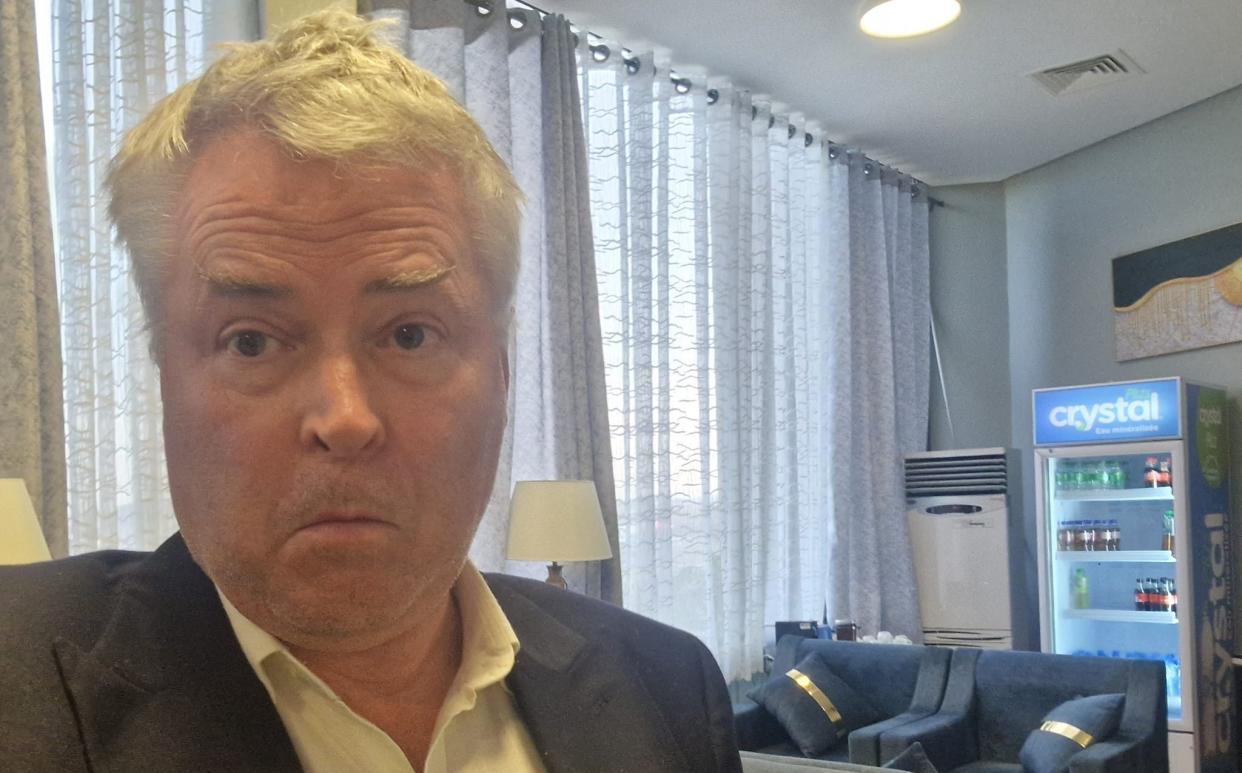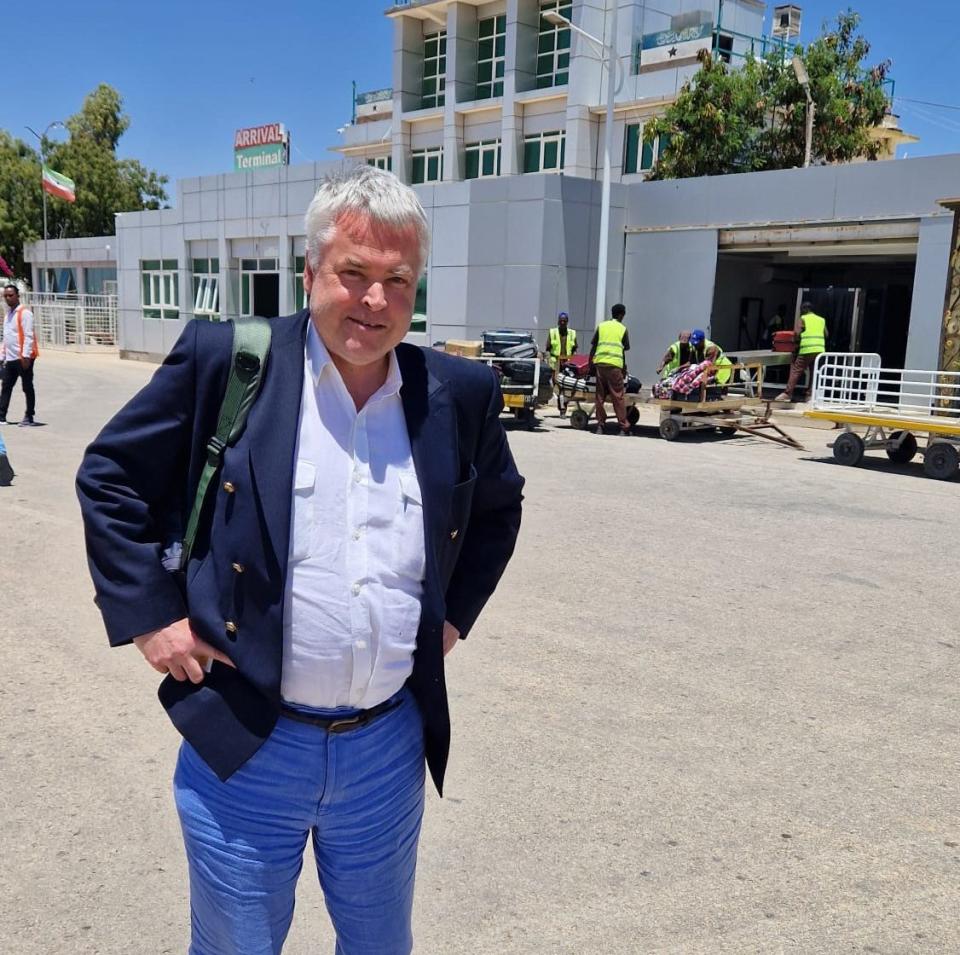Foreign Office demands answers over MP’s Djibouti detention and deportation

The Foreign Office has demanded answers from Djibouti over its detention and deportation of a Tory MP.
On Sunday, The Telegraph revealed that Tim Loughton, a former minister who has been sanctioned by China, was detained and deported by the East African state, which has close ties to Beijing.
Mr Loughton, a senior member of the Commons home affairs committee, believes his unprecedented and “intimidating” detention and expulsion by the Djibouti authorities was a “direct consequence” of his criticism of the Chinese regime.
Responding to the incident on Monday, Rishi Sunak’s official spokesman said: “I believe that in this specific case that you refer to, the FCDO [Foreign, Commonwealth and Development Office] provided consular support to Mr Loughton at the time, and they have also raised this case with the Djiboutians.
“Whilst obviously the authorities have the right to refuse entry at their own discretion, the FCDO have sought further information about this specific case.”
Mr Loughton has raised the matter with Andrew Mitchell, the deputy foreign secretary, and written to the Djiboutian ambassador via the Foreign Office to protest about the “outrageous” behaviour.

Mr Loughton arrived in Djibouti on April 8 for a 24-hour visit, including meeting the British ambassador, but was detained for more than seven hours at the airport, barred from entry to the country and told he was being removed on the next available flight.
He was one of seven parliamentarians sanctioned by China more than three years ago for speaking out against the “industrial scale” of human rights abuses by China against the Uyghurs, Tibetans and Hong Kongers.
Djibouti has received billions of dollars of investment from Beijing, including a new stadium, hospital and a $1 billion (£800 million) spaceport.
China has built a naval base in the country, stationed 2,000 troops there and holds more than $1.4 billion of Djibouti’s debt, which is 45 per cent of its GDP.
In an exclusive article on his experience for The Telegraph, Mr Loughton said it was “just the latest example of intimidation that the seven sanctioned parliamentarians have suffered over the last three years”.
It comes weeks after it was revealed that Mr Loughton was among three MPs and a peer whose parliamentary emails were hacked by China.
He warned that his treatment in Djibouti could set a precedent for other states backed by the Chinese unless the West “woke up” to the “malign and all-encompassing tentacles of the Chinese regime at home and abroad”. It is the first time such action has been taken by the Djiboutians against a British citizen.
A Chinese embassy spokesman claimed the allegations about China were “purely baseless”, calling them “fabricated and slanderous rhetoric that attempts to smear China and poison China-UK relations”.

 Yahoo News
Yahoo News 
